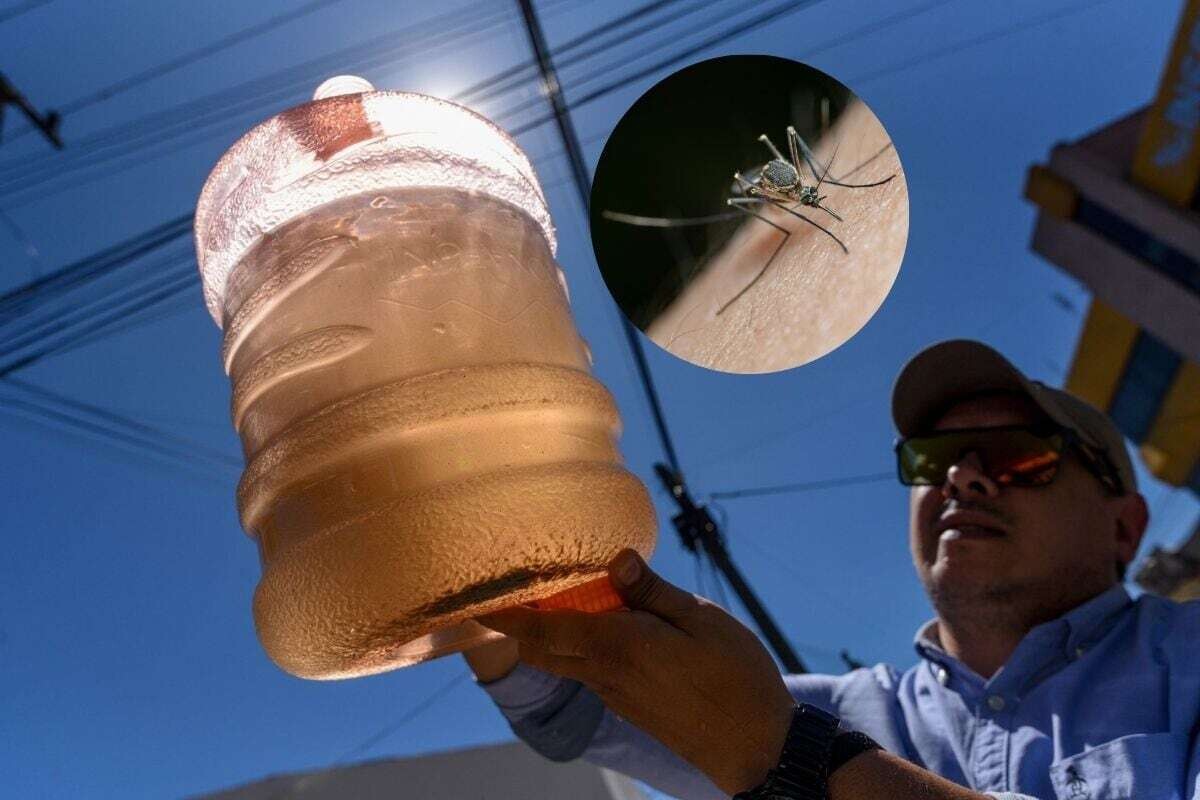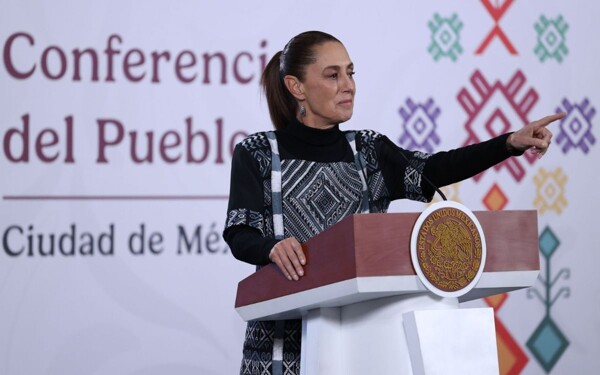
Most diseases cause discomfort such as abdominal cramps, fever, vomiting, diarrhea, and weight loss. Therefore, when the water supply is questionable, health specialists recommend following certain steps to improve its quality.
Inadequate water storage can increase the risk of proliferation of disease-transmitting mosquitoes such as those causing dengue, which produces symptoms like headaches, bone pain, eye pain, nausea, vomiting, insomnia, lack of appetite, and abdominal pain. According to the World Health Organization, in 2021 more than 251 million people needed preventive treatment for schistosomiasis, a serious and chronic disease caused by helminths.
Water contaminated with microbes can transmit diarrheal diseases, cholera, dysentery, typhoid fever, and poliomyelitis, leading to nearly 505,000 deaths each year from diarrheal diseases. Inadequate management of urban, industrial, and agricultural wastewater leaves millions of people exposed to water with biological or chemical contamination.
With inadequate water storage, there is a risk of suffering from gastrointestinal diseases and an increase in cases of ailments. It is essential to store water in closed tanks and cisterns to guarantee its quality and prevent the proliferation of microorganisms. Additionally, it is recommended to maintain these containers every six months by cleaning and disinfecting them.
To improve water quality, it is suggested to boil it for five minutes from the first boil, add domestic chlorine or colloidal silver, and use glass containers to disinfect it properly. Poor quality of water for human consumption can be due to inadequate storage in buckets or drums, which facilitates the contamination of the liquid and puts people's health at risk.
The water crisis in Mexico has led to water being stored improperly, resulting in the presence of fecal coliforms and chlorine levels below the recommended level in water samples. This has highlighted the importance of storing water in closed containers, avoiding the reproduction of disease-transmitting mosquitoes, and preventing outbreaks of gastrointestinal diseases.
In the central region of the country, according to a survey, 45% of the population stores water in buckets and drums, which can compromise water quality and increase the risk of diseases. Through biological agents such as bacteria, viruses, and parasites, water can be a cause of diseases such as amoebiasis, cholera, salmonellosis, and viral gastroenteritis.













